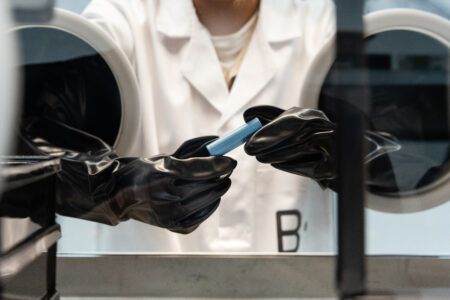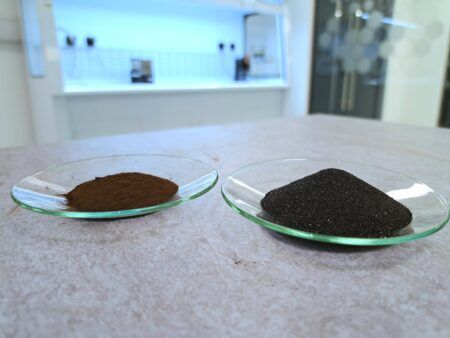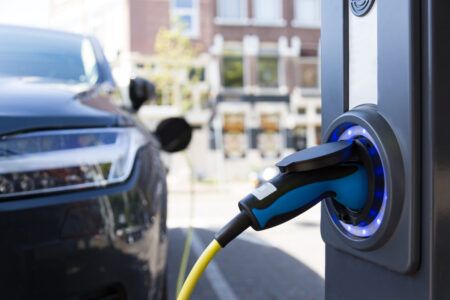General Motors and Honda have announced an agreement for new advanced chemistry battery components, including the cell and module, in a bid to accelerate both OEMs’ plans for all-electric vehicle development.
The new battery design, the two car makers claim, will deliver higher energy density, smaller packaging and faster charging capabilities which will be applied to GM and Honda’s future products, with a particular focus on the North American market.
The companies’ collaboration will be based on GM’s next-generation battery system, with Honda to source the battery modules from GM, and will support each company’s respective and distinct vehicles, utilizing the combined scale and global manufacturing efficiencies.
“This new, multiyear agreement with Honda further demonstrates General Motors’ capability to innovate toward a profitable electric portfolio,” said Mark Reuss, General Motors executive vice president of global product development, purchasing and supply chain. “GM’s decades of electrification experience and strategic EV investments, alongside Honda’s commitment to advancing mobility, will result in better solutions for our customers and progress on our zero emissions vision.”
GM and Honda have previously worked together, and formed the industry’s first manufacturing joint venture to produce an advanced hydrogen fuel cell system in the 2020 timeframe (?). The integrated development teams are working to deliver a more affordable commercial solution for fuel cell and hydrogen storage systems.
“In addition to our ongoing joint development and production of fuel cells, this battery component collaboration will enable us to take a new step toward the realization of a sustainable society,” said Takashi Sekiguchi, chief officer for automobile operations and managing officer of Honda.





